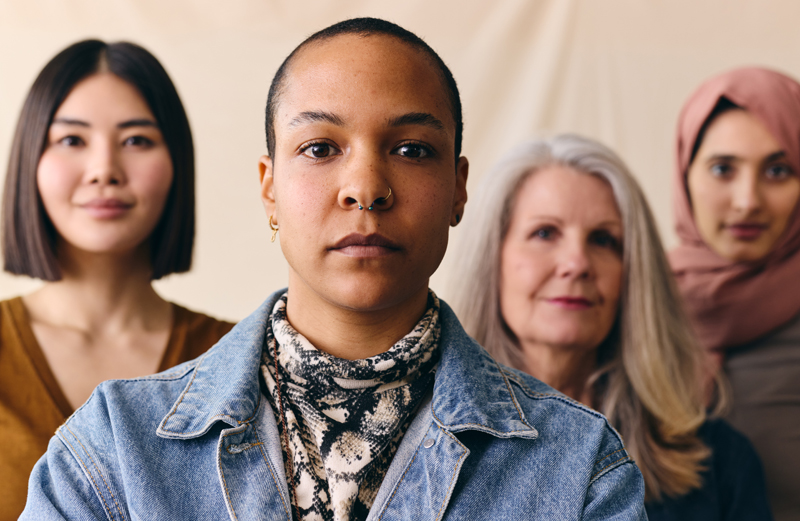
Voice
The best way for governments to see the housing challenges that women and gender-diverse people face, and craft solutions to meet their needs, is for the voices of women and gender-diverse people that have experienced precarious housing and homelessness to be heard. These are the voices of people with “lived experience” or “lived expertise”. However, many organizations working on housing advocacy – including political parties – are led by men or by people who haven’t themselves had to face these challenges, and may not know how to support people with lived experience to be the voices that governments and the public are hearing from.
Webinar 3: Voice
The importance of including people with lived experiences in housing debates
In addition to these resources, check out the She.They.Us Voice webinar featuring Romy Bowers, CEO of Canada Housing and Mortgage Corporation; Minister Grace Lore, MLA for Victoria-Beacon Hill; and David Miller, former Mayor of Toronto.
Articles
- Nothing about us without us: Seven principles for leadership & inclusion of people with lived experience of homelessness (2016)
This short paper from the Lived Experience Advisory Council points to the importance of inclusion of those with lived experience at all levels of an organization working on housing and homelessness. - 10 – Engaging People with Lived/Living Experience (2019)
This practical guide from the Tamarack Institute includes the 10 best practices for working with people with lived experience, as well as a tool to assess organizational readiness for this work. While applicable to all organizations, it is particularly aimed towards larger institutions. - Creating a Culture of Inclusion (2017)
Created by the Saskatoon Poverty Reduction Coalition, this concise guide to meaningfully include people with lived experience in everything from employment to strategy and policy-making provides strategies for how to deal with some common issues that may arise for organizations and small businesses. - Indigenous Circle First Voice Inclusion and Participation Equity Protocol (2018)
This protocol from End Poverty Edmonton is a good example of specific considerations for working with Indigenous women and gender-diverse people with lived experience of housing precarity and homelessness.